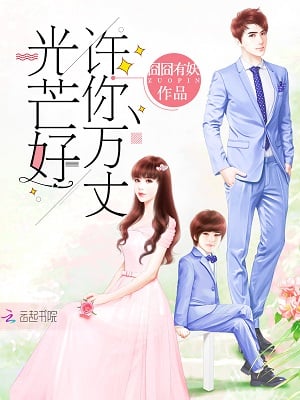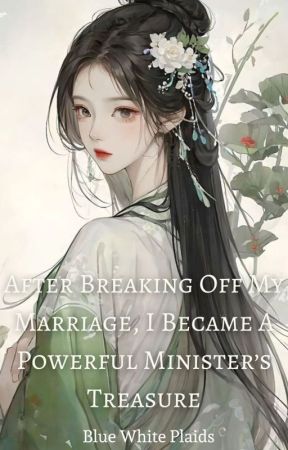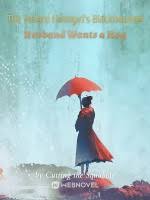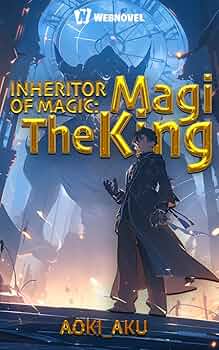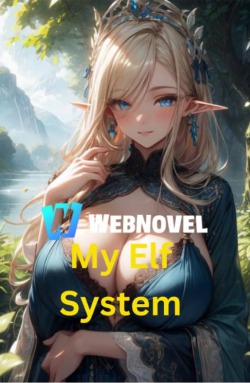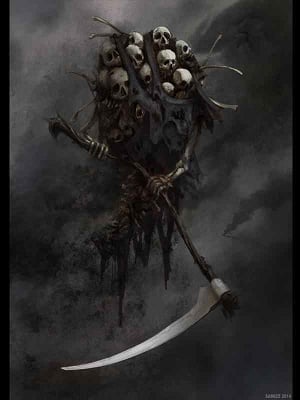The Story in 3 Sentences
Wei Ruo, a divine doctor, transmigrates into a supporting character of a novel and finds herself abandoned in the countryside for ten years before being brought back to her wealthy family at thirteen.
Instead of competing for the male lead or fighting with the female protagonist like typical transmigration stories, Wei Ruo chooses to focus on her medical skills and agricultural knowledge while navigating family politics as the true daughter.
Her practical approach to survival and refusal to follow the original plot creates unexpected opportunities and changes the destiny of everyone around her.
Why It Stands Out
1. Anti-Cliche Protagonist Design
Wei Ruo breaks every transmigration stereotype by actively avoiding the typical love triangles and rivalries that plague most novels in this genre. She focuses on practical skills like medicine and farming rather than scheming for attention or revenge.
2. Grounded Fantasy Elements
The story balances mystical medical knowledge with realistic agricultural development, creating a believable world where supernatural abilities serve practical purposes rather than just flashy combat scenes.
3. Family Drama Without Melodrama
The complex family dynamics explore themes of legitimacy, favoritism, and social class without falling into overwrought emotional manipulation that often characterizes similar stories.
Characters That Leave a Mark
There’s Wei Yichen, the elder brother who struggles between family duty and his complicated feelings toward Wei Ruo as the true daughter who threatens the family’s established order.
You’ll meet Wei Yilin, whose loyalty and protective instincts toward his siblings create both touching moments and intense conflicts when family loyalties are tested.
The Flaws Fans Debate
Some readers find the pacing inconsistent, particularly in the middle sections where agricultural development takes precedence over character relationship progression.
The medical aspects, while interesting, occasionally feel repetitive when Wei Ruo solves similar problems using her modern knowledge.
Must-Experience Arcs
Ch. 1-50: Countryside Foundation – Wei Ruo establishes herself in the rural setting, developing her medical practice and agricultural innovations while hiding her true capabilities from suspicious family members.
Ch. 200-300: Family Integration Crisis – The complex dynamics of returning to her birth family create political intrigue as various factions attempt to use or eliminate Wei Ruo for their own purposes.
Ch. 500-622: Legacy Consolidation – Wei Ruo’s accumulated influence and medical reputation reach a tipping point where she must decide how much of her modern knowledge to reveal and what kind of future she wants to build.
Killer Quotes
“Everyone saw that she spent her days only knowing how to plant flowers, herbs and crops, so they undoubtedly thought she was just a peasant woman.”
“As the genuine daughter among the true and false daughters of the story, Wei Ruo neither wanted to fall in love with the male protagonist, nor compete for favour with the female protagonist.”
Cultural Impact
Readers praise the novel for subverting transmigration tropes by having a protagonist who actively avoids typical plot devices.
The focus on practical skills over romantic entanglements has inspired discussions about agency and self-determination in female-led historical fantasy.
Medical and agricultural elements have sparked interest in traditional Chinese medicine and farming techniques among the international readership.
Final Verdict
Start Here If You Want:
A transmigration story that deliberately avoids typical romance and revenge plots in favor of practical problem-solving and skill development.
Historical fiction with fantasy elements that feels grounded in realistic social dynamics rather than pure wish fulfillment scenarios.
Character-driven narratives where the protagonist’s intelligence and competence drive the plot forward without relying on luck or romantic interests.
Study If You Love:
Complex family relationship dynamics that explore themes of legitimacy, class, and social expectations in historical Chinese settings.
Medical and agricultural world-building that incorporates both traditional knowledge and modern innovations in believable ways.
Anti-heroine protagonists who succeed through competence and strategic thinking rather than conventional beauty or romantic appeal.
Avoid If You Prefer:
Fast-paced action sequences or combat-heavy plots, as this story focuses more on political maneuvering and skill development.
Traditional transmigration romance with multiple male leads competing for the female protagonist’s attention and dramatic love triangles.
Stories where the modern knowledge advantage is used primarily for immediate gratification rather than long-term strategic planning and development.
